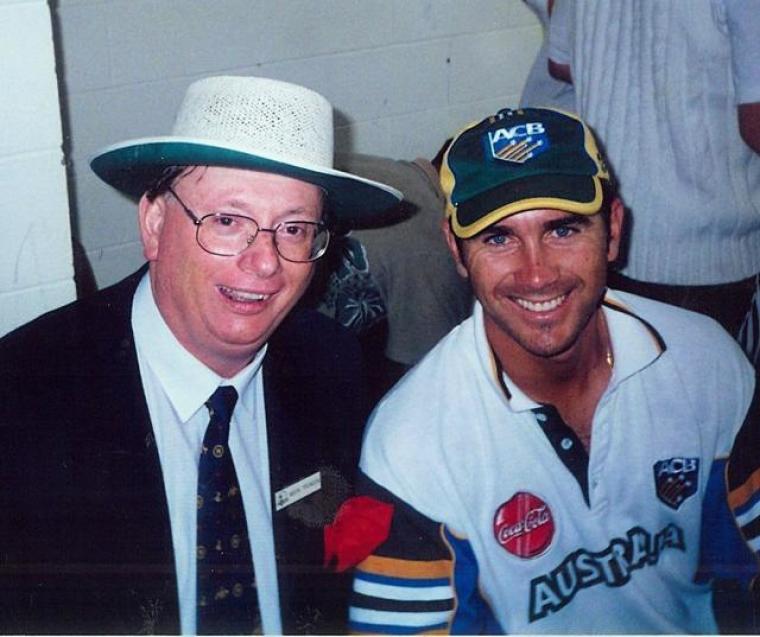
Dr Mark Tronson 2000 in Hamilton NZ
A Minister of Religion gets asked many questions. He is supposed to be modest in response and not be outrageous or volatile, and so when asked a question, the answer should seemingly be sensible and even galvanising.
However, that was somewhat an implausible situation, when as my youngest daughter some years ago now, came home from school, telling us that her friend said that all ministers are 'fuddy duddies'.
I have thought about that image a great deal, so when writing this article all these years later, I thought it provident to check what 'fuddy duddy' actually meant.
Wikipedia says: "A fuddy-duddy, sometimes without the hyphen, is a person who is fussy while old-fashioned, traditionalist, conformist, or conservative. It is a slang term with negative but sometimes affectionate connotations that dates to around 1907 and can be used to describe someone with a zealous focus on order." (Wikipedia)
There are many English novels, mostly of the 20th century, and likewise TV shows and films, that epitomise the village clergymen in this manner, but I for one do not think this stereotype applies to people such as:
The late Evangelist Billy Graham, or British bible teacher John Stott, or Australian Christian Ministers the late Gordon Moyes, Rowland Croucher, Ross Clifford, Tim Costello or even some of the Pentecostal leaders, Brian Houston or Phil Pringle.
It is interesting therefore where the ordinary people in the street might get such an image as a minster being a 'fuddy-duddy'. It wasn't from the WWI years as the Minister was both loved and loathed. He brought the fateful telegram to your door that your son or husband had been killed; but he was simultaneously loved, because he brought comfort.
It is possible that this impression may have come from the inter-war years; but I doubt it. That idea doesn't ring true because that era heralded the great evangelism years of the pulpit preacher and the growth of theological futurism, particularly with the rise of Nazism and Communism.
.jpg)
Military Padres
The Military Padres throughout WWII were highly respected as they were embedded with the troops on or near the front lines. Even those of no professed faith had affection and high regard for the chaplains of all denominations and religions; who likewise respected and affirmed the dignity and worthiness of the common soldier.
Perhaps it was associated with the Sunday School movement that took off with abandon in the fifties and sixties. Instead of focusing on ministry to adults, the church throughout Australia concentrated on children, and in my view, it was these children who associated Ministers with everything old fashioned and "fuddish".
After reflecting on all this, I would like to think that I do not fit the stereotype my daughter's friends came up with, of being a 'fuddy-duddy'.
As a Christian man, and a pastor and chaplain, and one who for many years has run my own faith-based mission with the theme of 'respite' - I would like to think of myself and other mentors in the clergy as men and women capable of major decisions, people of wisdom and strength of character, of whom the community respects for their bearing and responsibility.
I suggest that we send the message around the bush telegraph that we ministers acquire the nickname of 'Lionheart'.
.jpg)

Dr Mark Tronson - a 4 min video
Chairman – Well-Being Australia
Baptist Minister 45 years
- 1984 - Australian cricket team chaplain 17 years (Ret)
- 2001 - Life After Cricket (18 years Ret)
- 2009 - Olympic Ministry Medal – presented by Carl Lewis
- 2019 - The Gutenberg - (ARPA Christian Media premier award)
Gutenberg video - 2min 14sec
Married to Delma for 45 years with 4 children and 6 grand children